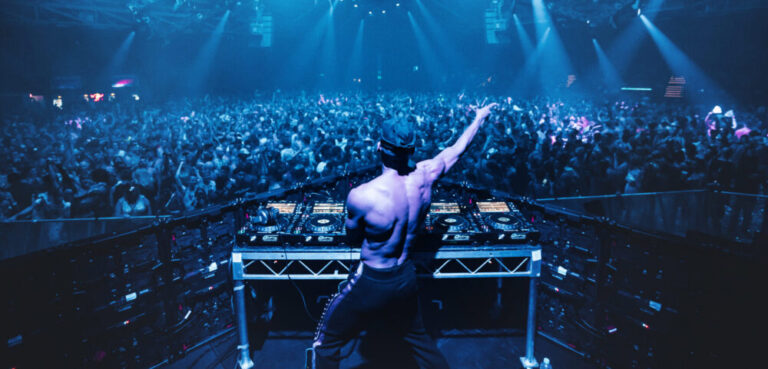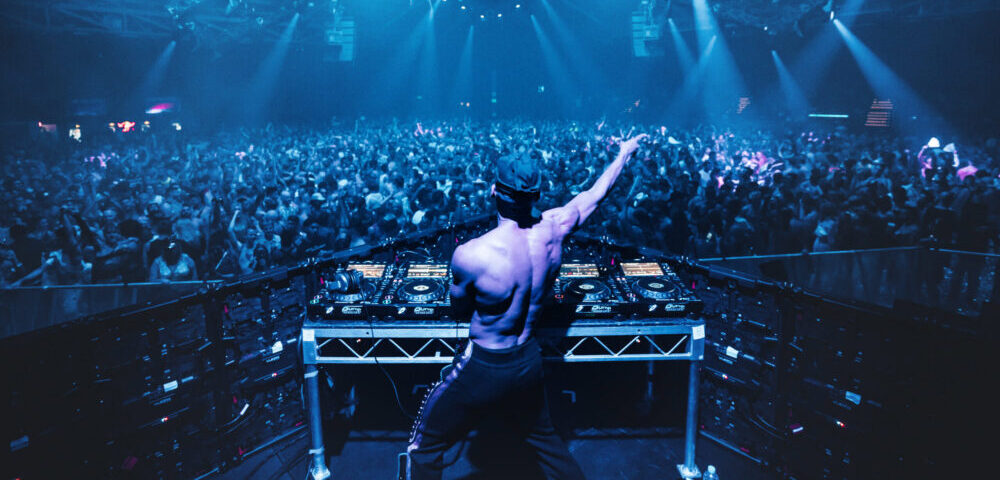
Ecstasy and sleep
News of the dangers found to be related to the use of ecstasy pops up all the time. Some of the research has proven to be flawed in recent times and as a result many ecstasy users view research findings with a great deal of skepticism. However a piece of research I found particularly interesting was released a couple of weeks ago about the effect of ecstasy on sleep.
A group of researchers from London Metropolitan University studied the effects of a range of drugs on sleep patterns. About 1,000 people were divided into different groups -“ non-drug-takers, those who drank and smoked cigarettes, users of a number of drugs, those who took just ecstasy, and former ecstasy users. Participants filled in a questionnaire that produced a picture of their sleep patterns and came up with a score of one to 21. The higher the figure, the more disturbed the sleep. The control score was four. Ecstasy users registered between 11 and 12, significantly higher than the other groups. Former ecstasy users – some of whom hadn’t touched the drug for seven years – registered 9.5, suggesting to the researchers that the effects of the drug on sleep are long-lasting.
Most ecstasy users report that they have trouble sleeping after taking the drug, mainly due to its stimulant effects, however this is the first time there has been any hard data on the link between ecstasy use and sleep disturbance.
The results appear to corroborate earlier studies of monkeys. The studies found that the primates experienced chronic sleep disturbance when subjected to four days of consecutive ecstasy injections. One of the researchers was quoted in The Guardian as saying that she hoped the studies’ findings would act as a wake-up call: Sleep is a fundamental part of life. Its disturbance has an effect on concentration and has been shown to increase accidents on the road, in the home and at work. There are also clear links between sleep disturbance and depression.
Previous research has also suggested that ecstasy could damage users’ body clocks, making them feel permanently jet-lagged. Some scientists believe that ecstasy disrupts this sensitive clock mechanism in the brain by damaging cells that contain serotonin. The hormone serotonin carries messages between nerves and is thought to play a role in regulating sleep patterns in humans as well as their mood, memory, perception of pain, appetite and libido. The damage caused in humans is believed to be permanent. Research indicates that once a serotonin pathway is damaged it can never repair itself. However, what that damage actually means in a user’s day-to-day life is not known.
This new research suggests that sleep disturbance could be a long-term effect which could interfere with an ecstasy user’s quality of life.
Ecstasy is not harmless -“ it’s important for users to be aware that it can cause death. As much as some people do not want to believe this basic fact, it is a reality. Admittedly, the chances of an ecstasy overdose are low, but it can happen. Before you put any pill, tablet or capsule in your mouth you need to remind yourself of that fact.










